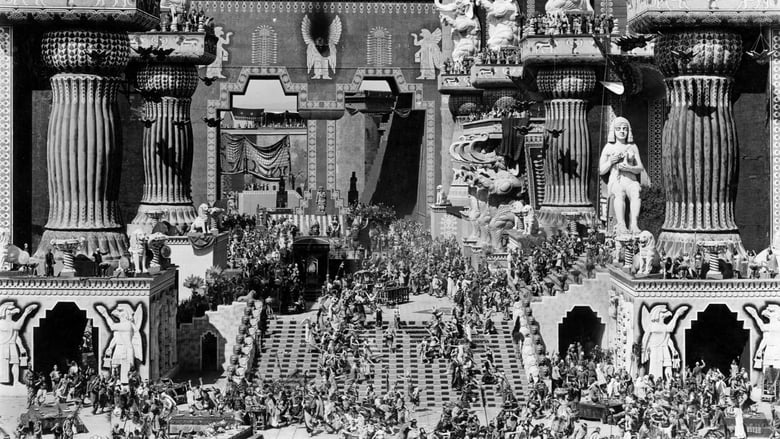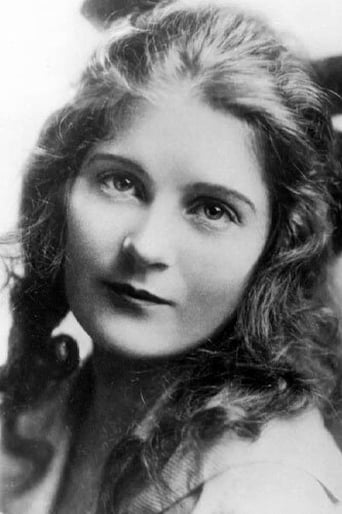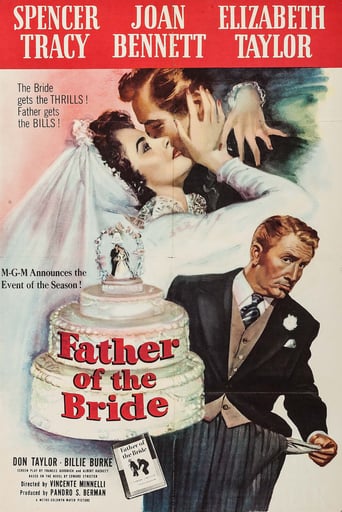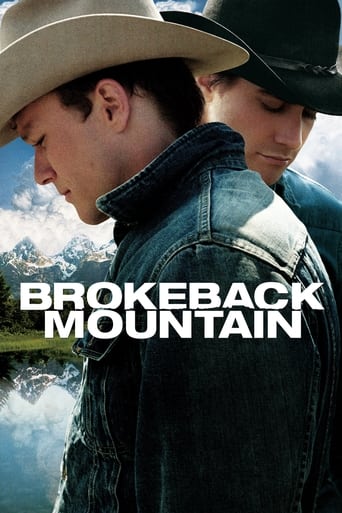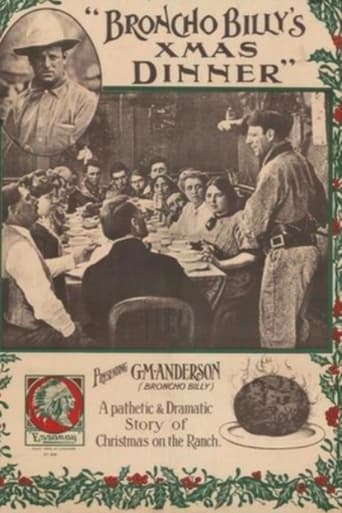Intolerance: Love's Struggle Throughout the Ages (1916)
The story of a poor young woman, separated by prejudice from her husband and baby, is interwoven with tales of intolerance from throughout history.
Watch Trailer
Cast


Similar titles
Reviews
The movie's only flaw is also a virtue: It's jammed with characters, stories, warmth and laughs.
At first rather annoying in its heavy emphasis on reenactments, this movie ultimately proves fascinating, simply because the complicated, highly dramatic tale it tells still almost defies belief.
There is, somehow, an interesting story here, as well as some good acting. There are also some good scenes
It’s sentimental, ridiculously long and only occasionally funny
Intolerance (which can be seen perhaps partly as a response to accusations of perpetuating racial stereotypes and glorifying the Klu Klux Klan in Birth of Nations) is considered by many to be his masterpiece, and indeed the greatest film of the whole silent era. Griffiths mammoth film, also subtitled: "A Sun-Play of the Ages" and "Love's Struggle Throughout the Ages.", consists of four distinct but parallel stories that demonstrated mankind's intolerance during four different ages in world history. Intolerance was a colossal undertaking filled with monumental sets, lavish period costumes, and thousands of extras.
It surprises me that "Intolerance" was such a box office bomb when it first came out back 1916. Sure, it was especially complicated and hard to follow for the time, but the sheer spectacle of it feels like it would not only really attract audiences of that time, but even our time. The battle sequences are so exciting and suspenseful that it's hard not to love their intensity and well crafted nature."Intolerance" doesn't follow one simple narrative, but four narratives, each narrative from a separate time period, from the Babylonian era to modern day America. Instead of, more conventionally, presenting each story one at a time, D.W. Griffith cuts from one story/time period to another in an extremely influential way. It's clear that this makes the film horribly complicated for a 1916 audience. Heck, today the film still is pretty complicated!Many people may say that the film is a bit melodramatic or-*GASP*-dated, but, to be honest, it's a film made 100 years ago! And, even if it is a bit corny at times today, there still is a lot of stuff in "Intolerance" that is still truly emotional and gripping to this very day.If you hate "The Birth of a Nation", you still may love "Intolerance". It has the technical mastery of "The Birth of a Nation", but without the blatant and repulsive racism. So, if you feel like you should never give Mr. Griffith's work a chance after a film like "BOAN", please rethink your decision, because you sure will be missing out on an epic masterpiece!
Have you ever been intolerant? Felt intolerance for the very notion of someone being intolerant? Wondered if tolerating the intolerance of another makes you intolerant (or tolerant)? Ever wondered why a reviewer would repeat one word (in different forms) so often? I'm just taking my cues from D.W. Griffith's ancient epic follow-up to the staggeringly racist Birth Of A Nation. You get only 1 guess at the film's title.Four separate story lines connecting the theme of intolerance are threaded throughout the movie, from the Jesus story to a modern (in 1916) story about a young woman and her beloved man who is facing a harsh sentence at the hands of the authorities. Curiously, the Jesus story is the one that's glossed over. The oldest part of the film would be the sequences set in Babylon, which feature epic filmmaking at its silent best.The American Film Institute had Birth Of A Nation on its 1998 Top 100 list, but they knocked it off the 2007 edition and essentially replaced it with Intolerance, which was not on the '98 list. It's a questionable move because, despite Intolerance's obvious theme of acceptance for all and Birth Of A Nation's blatant racism, Birth is a better movie.That's not to say there aren't SOME treasures in Griffith's second-most celebrated work. He revolutionized the medium over the course of these 2 pictures. Too bad he had to beat the "intolerance" theme on the head so badly. You don't need 3 hours to tell people they should be more accepting of each other. It hurts your movie when you seem to be protesting too much. You can argue this is an important movie. That doesn't make it a good one.If you got something out of this snapshot review, check out the website I share with my wife (www.top100project.com) and go to the "Podcasts" section for our 23-minute Intolerance 'cast...and many others. Or look for us on Itunes under "The Top 100 Project".
David Wark Griffith was a pioneer of cinema because he dared to explore in a time when people were playing it safe, when a film was a conservative medium (in the US, at least), try out something new, he was curious and adventurous, which in the end resulted in a few failures, but when he did it right, he paved the way that even modern day epics still walk today. Ben-Hur, The Gladiator, Gone With the Wind...Numerous Hollywood epics owe a lot to Intolerance, a classic that already in 1916 showed that a film can be long, all-encompassing and "larger than life", even when the silent era was not quite the best level for such an opulent scale.With almost three and a half hours of running time, Intolerance is no easy piece of entertainment, but I view it still as a fascinating document of its time, almost as an archaeological discovery of a film. The four stories form a simple, humble and wise message of man's hate towards man, offering love as the only way we can survive. Some may call it naive, but the message still stands, and people of today even thought of different titles - like patriotism or law and order - to make love more appealing to the masses, all just to make the society go on and not allow people to destroy themselves. The first story, set in Babylon, is easily my favorite, and you can feel the colors and opulent set-designs of the crew behind the black and white cinematography. The second story, revolving around Jesus Christ, is also fine, as is the third one, revolving around Huguenots who were persecuted by Catholics in France in 1572. Still, I must deduct one star from my review because the fourth and final story, set in modern times, simply did not do it for me. After so many expenses and great pains, the "modern" story seems almost nonchalant and too simplistic. Ignoring this and moving on, there is still so much to enjoy in this. Intolerance established the spectacle - which is sometimes a good thing, sometimes a bad thing, depending on each film - and that should be respected.


